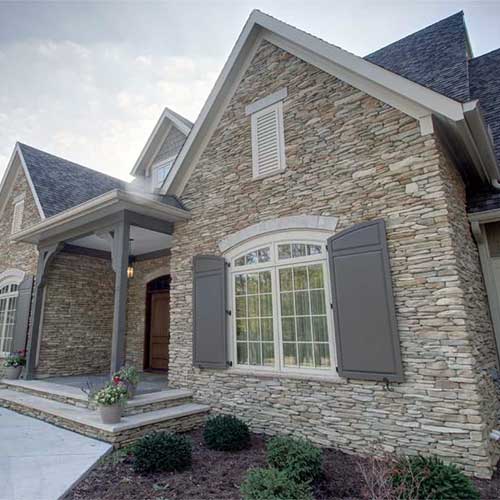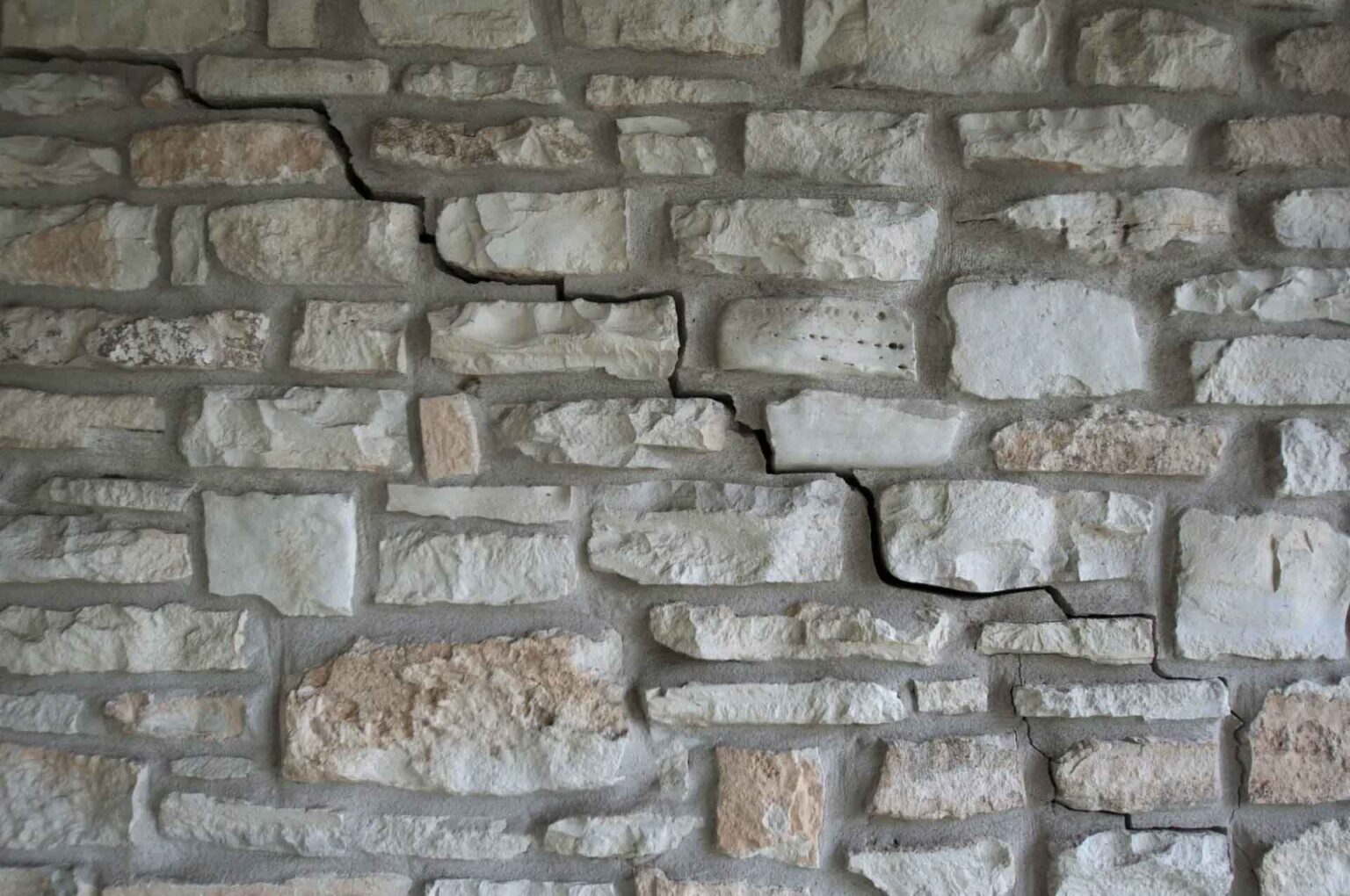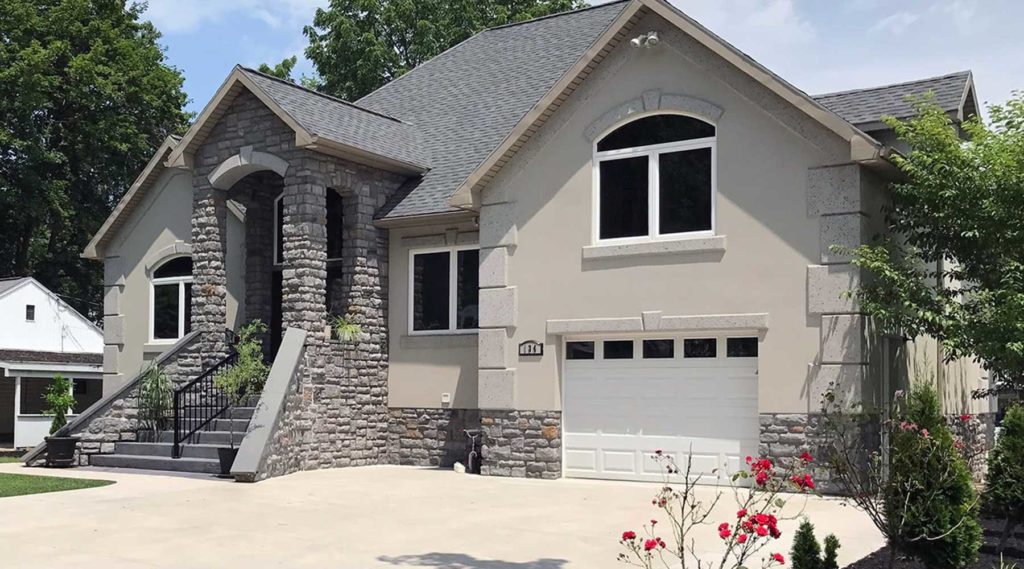
Estimating a Masonry Job: A Step-by-Step Guide
Masonry work is an age-old craft that combines artistry with engineering. It involves the construction, repair, and maintenance of structures using bricks, stones, and other materials. Whether you're planning to build a new chimney, erect a wall, or undertake brick repair near you, estimating the cost and effort involved can be daunting. This comprehensive guide will take you through Estimating a Masonry Job: A Step-by-Step Guide, breaking down the estimation process into manageable parts.
Understanding Masonry Work
Masonry encompasses various forms of building techniques involving stonework, brick laying, and concrete block work. Each technique has its unique characteristics Masonry services and repairs near me and requires specific skills.

Types of Masonry Work
- Brick Masonry: This is perhaps the most common form of masonry work where bricks are laid in patterns to create walls.
- Stone Masonry: Involves using natural stones to construct durable structures.
- Concrete Block Masonry: Utilizes large blocks made from cement for building foundations and walls.
The Role of Masonry Contractors
Masonry contractors are skilled professionals who specialize in various masonry tasks. From initial design consultation to completing the job, their expertise is invaluable for ensuring structural integrity and aesthetic appeal.
Why Choose Local Masonry Companies?
When searching for "masonry companies near me," consider selecting local contractors who understand regional weather conditions and building codes. Local expertise often translates to better service quality.
Estimating a Masonry Job: A Step-by-Step Guide
Estimating a masonry job involves several critical steps. Let’s dive deeper into each phase of this process.
Step 1: Define the Scope of Work
Before any actual estimating occurs, clearly define what needs to be done. Are you looking at new construction or masonry repairs?
- New Construction: Outline dimensions and materials required.
- Repairs: Assess existing damage; determine whether it’s minor or extensive.
Step 2: Gather Material Information
Understanding what materials you'll need is fundamental for accurate estimates:
Material Quantity Table
| Material Type | Quantity Needed | Estimated Cost per Unit | Total Cost | |-------------------|----------------|-------------------------|------------| | Bricks | | | | | Mortar | | | | | Stone (if applicable) | | | |
(Fill in quantities based on your measurements)
Step 3: Measure Dimensions Accurately
Accurate measurements will reduce waste and help ensure that you purchase enough materials without overspending.
Measuring Techniques
- Use a measuring tape for small areas.
- For larger jobs, consider laser measuring tools or hiring a professional surveyor.
Step 4: Labor Costs Estimation
Labor costs can significantly impact your overall budget:
Labor Cost Breakdown Table
| Worker Type | Hourly Rate | Estimated Hours | Total Cost | |-------------------|----------------|-------------------------|------------| | Lead Mason | | | | | Assistant Mason | | | |
(Input your own estimates here)
Step 5: Overhead Costs Consideration
Don't forget about overhead costs such as equipment rentals, transportation fees, insurance, etc., which can add up quickly!
Common Overhead Costs
- Equipment Rental
- Transportation
- Insurance
Step 6: Add Contingency Funds
It's always wise to set aside extra funds—typically around 10%—for unforeseen circumstances such as material price increases or unexpected repairs during the job.
Finalizing Your Estimate
Once all costs are calculated:
Common FAQs About Estimating a Masonry Job
What factors influence masonry job costs?
Factors include project size, material choice, labor rates in your area (like “masonry contractors near me”), and complexity of work required.
How do I find reliable masonry contractors?
Search online with keywords like "masonry repair near me" or "masonry Edmonton" to identify reputable local businesses with good reviews.
Can I save money by doing some work myself?
Absolutely! If you're handy with basic tools, consider doing preparatory tasks like demolition or cleanup to cut down on labor costs.
What permits do I need for masonry work?
Check with local authorities on building codes; some projects may require permits depending on scope and location.
How long does masonry work typically take?
Duration varies significantly based on project size—small repairs might take days while large constructions could stretch over weeks or months.
What maintenance does masonry require post-construction?
Regular inspections for cracks or water damage should be part of ongoing maintenance; periodic sealing may also be needed depending on materials used.

Conclusion
Estimating a masonry job doesn’t have to feel overwhelming when broken down into straightforward steps. By defining your project scope clearly, gathering necessary information about materials and labor costs, including overheads, and accounting for contingencies, you can arrive at an accurate estimate that aligns with your budgetary constraints.

Knowing how to approach your estimate allows you to communicate effectively with potential masonry contractors while ensuring that both parties have clear expectations from the start. So next time you're faced with estimating a masonry project—whether it's small-scale brick repair near you or more extensive stonework—refer back to this guide as your go-to resource!
By following these steps outlined in "Estimating a Masonry Job: A Step-by-Step Guide," you'll position yourself well for successful negotiations with contractors and set the foundation (pun intended!) for an effective construction process that meets all your needs!